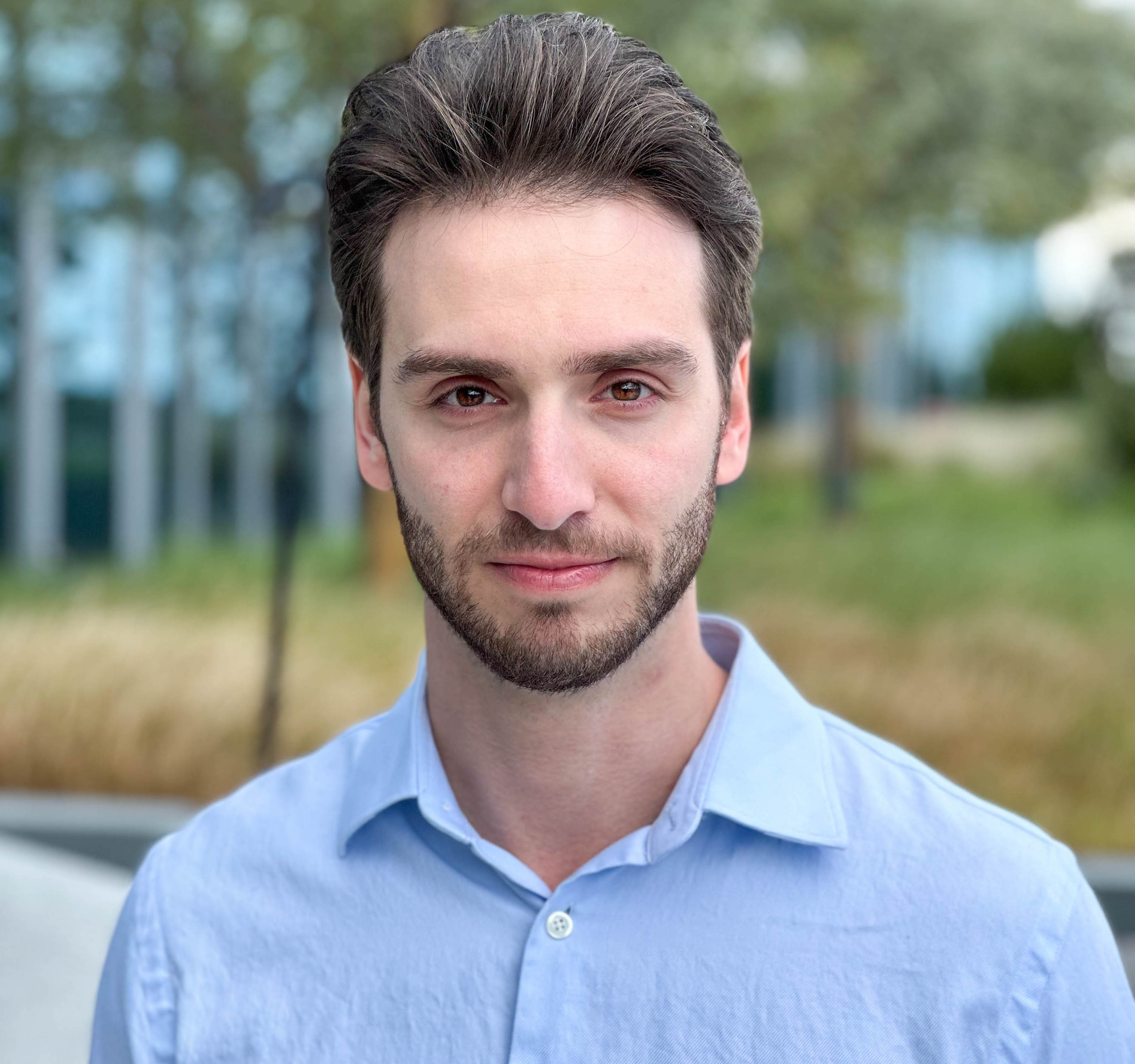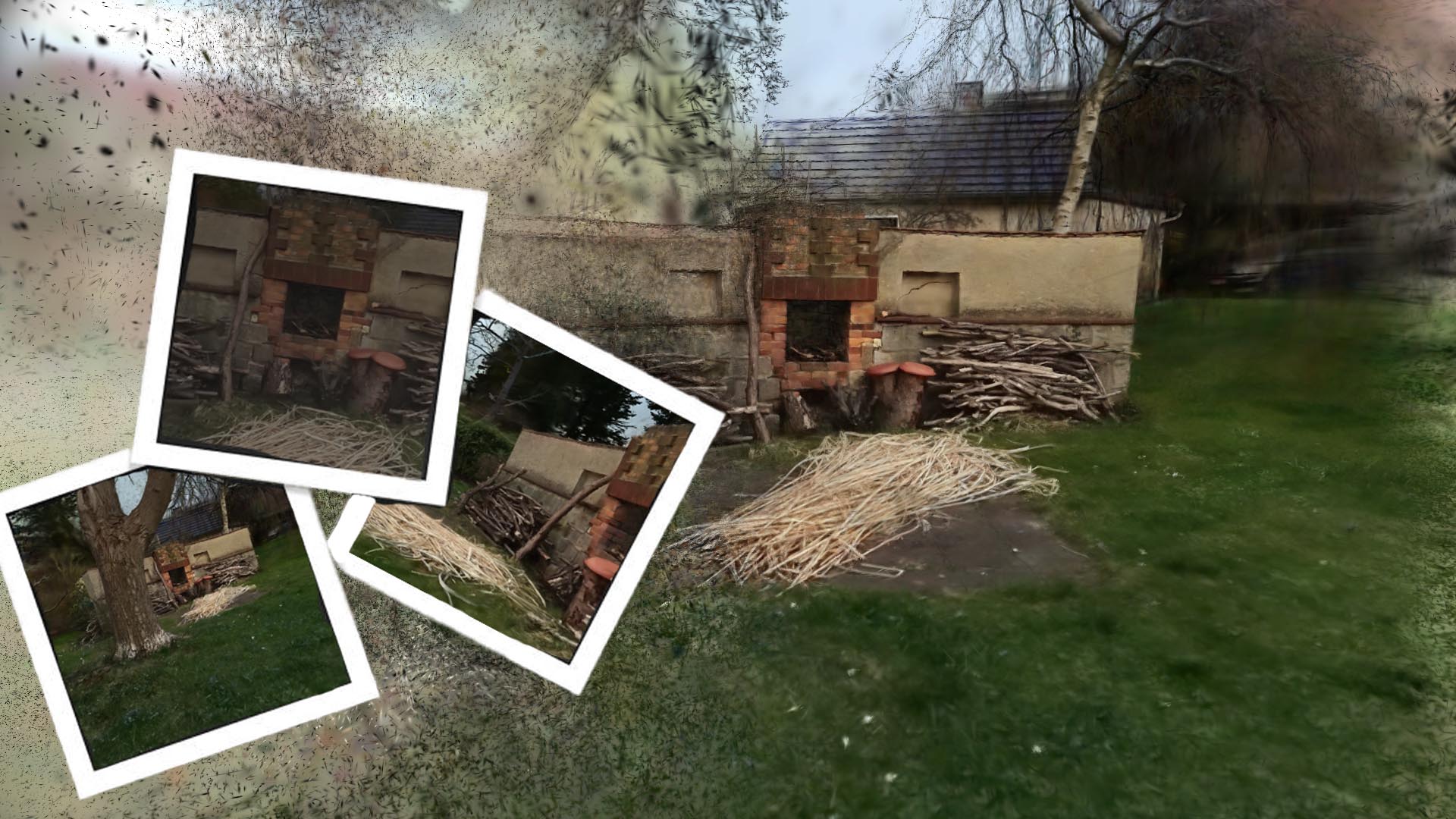
Michael Rubloff
Oct 31, 2025
It’s been about two months since XGRIDS officially unveiled the PortalCam, and the company is already following up with a significant pair of updates. There is a new version of LCC Studio, capture app LCC Scan, and the first major PortalCam firmware update since launch. Both releases refine the experience of working within the XGRIDS ecosystem, while continuing to expand what’s possible with radiance field based capture.
The latest version of LCC Studio introduces several long requested features that further bridge the gap between Gaussian Splatting capture and real world workflows. The headline addition is portrait mode reconstruction, a feature that finally brings human reconstruction into the mix for PortalCam users. It’s now possible to capture and reconstruct people with spatial accuracy and depth, a major step toward lifelike avatars and volumetric storytelling. This was advertised on original launch and it is finally here for users!
XGRIDS has also made big strides on the mapping and aerial side. The new version upgrades aerial–ground map fusion and expands aerial reconstruction to support up to 10,000 photos per project, making large scale environments far easier to process without hitting previous limits.
Perhaps the most important workflow addition is the ability to export directly to 3D Tiles for Cesium, opening up web-based visualization at scale. For those working in city modeling, GIS, or large outdoor environments, this unlocks an immediate bridge between radiance field data and web based spatial rendering.
Smaller but thoughtful touches round out the release. Users can now add custom model cover photos, participate in the new Product Experience Improvement Program, share models directly to third party platforms like Nucleus 4D, and benefit from smoother spatial recognition data exports. Even simple things like copying a model’s share link now work with a single click.
It’s a release that feels grounded in real user feedback, including my own experience with the PortalCam. XGRIDS seems to be increasingly attuned to as more people adopt their ecosystem.
Alongside LCC Studio, the PortalCam firmware has been updated to Version 3.2.2, delivering a set of refinements that tighten the overall experience. Connectivity has been improved through optimized Bluetooth broadcasting and better USB data transfer speeds, while the camera’s live stream resolution has been upgraded for sharper previews during capture.
Several reliability fixes also make their debut here, addressing occasional startup issues, connection failures when the device time resets, and small quirks like incorrect indicator light behavior before activation. Even the Portrait Mode indicator, introduced alongside the new reconstruction feature, has been given some attention to ensure it clears properly after use.
The firmware can be installed in two ways: either by downloading the full package directly from the official XGRIDS website, or via the LCC Scan app, which now supports incremental updates. The app based route is the recommended option for most users from the XGRIDS team.
These updates show how quickly the PortalCam ecosystem is evolving. When the device launched at IBC, it already hinted at how accessible radiance field capture could become. Now, with portrait reconstruction, Cesium integration, and steady firmware refinement, XGRIDS is reinforcing that commitment.
These aren’t the kind of updates that grab headlines on their own, but they signal a maturing product line built for real creative work. It’s still early days for consumer grade Gaussian Splatting, but if XGRIDS keeps this cadence, PortalCam owners might find themselves with one of the leading tools in the emerging spatial media landscape.
If you are considering still purchasing a PortalCam, you can use code RADIANCEFIELDS for 5% off your order. Download the LCC Studio update, LCC Scan, and the PortalCam firmware here.
- TRENDINGLoading...
- TRENDINGLoading...
- TRENDINGLoading...







